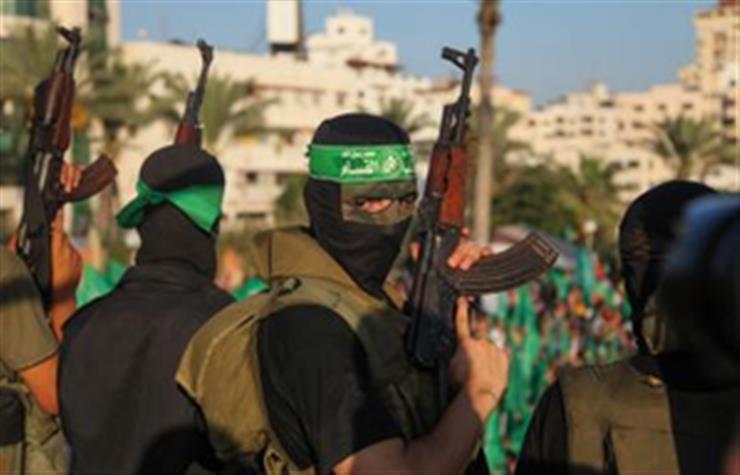


Recent geopolitical tensions in Asia and the Middle East have escalated, with experts warning that these conflicts could threaten global peace. Chinese academic Zheng Yongnian cautioned that Asia is becoming a 'powder keg' that could potentially lead to World War III, attributing this instability primarily to the United States' strategic focus on the region. Zheng, a professor at the Chinese University of Hong Kong’s Shenzhen campus, noted that the US has formed at least seven 'mini-multilateral' alliances since its 'pivot to Asia' in late 2011, complicating regional dynamics [25672b4c]. He also highlighted the ongoing nuclear tensions on the Korean peninsula and the US's involvement in various regional conflicts as significant contributors to the precarious situation [25672b4c].
In parallel, the Middle East is facing its own set of challenges that threaten global stability. The spread of radicalization within the Muslim world and the ongoing Sunni-Shia conflict are particularly concerning trends for global democracy. The Cold War's end in 1991 led to the rise of terrorism, especially in the Pak-Afghan region and the Middle East, driven by ideological, ethnic, and religious motivations. Islamic radicalism has historical roots in the anti-West Wahhabi Revolt and the rise of the Taliban in 1996, culminating in the US-led 'war on terror' post-9/11 [d86e6d8b]. Recent events include the Israel-Hamas conflict, where Hamas's attacks on Israel have resulted in significant casualties and retaliatory strikes, highlighting the ongoing geopolitical tensions [d86e6d8b].
Iran's alignment with Russia and China amid rising tensions with the US adds another layer of complexity to the Middle Eastern geopolitical landscape. Iranian support for Hamas has escalated tensions with Israel, particularly after Israel's Knesset rejected a Palestinian state on July 18, 2024 [2dfbc9d0]. Additionally, Syrian President Bashar Al Assad's recent meeting with Vladimir Putin on July 24, 2024, indicates a strengthening of ties among these nations [2dfbc9d0]. The assassination of Hezbollah's leader and subsequent missile attacks on Israel signify escalating violence in the region [d86e6d8b].
As the US navigates its relationships in both Asia and the Middle East, the interconnected nature of these geopolitical landscapes suggests that developments in one region could significantly impact the other. India is positioning itself as a potential peacemaker, maintaining relationships with Saudi Arabia, Israel, and Iran while navigating the rising geopolitical divides [2dfbc9d0]. The ongoing shifts in alliances and power dynamics underscore the need for careful diplomatic efforts to prevent further escalation [25672b4c]. The article emphasizes the necessity for a peaceful approach amidst rising radicalization and superpower rivalries [d86e6d8b].